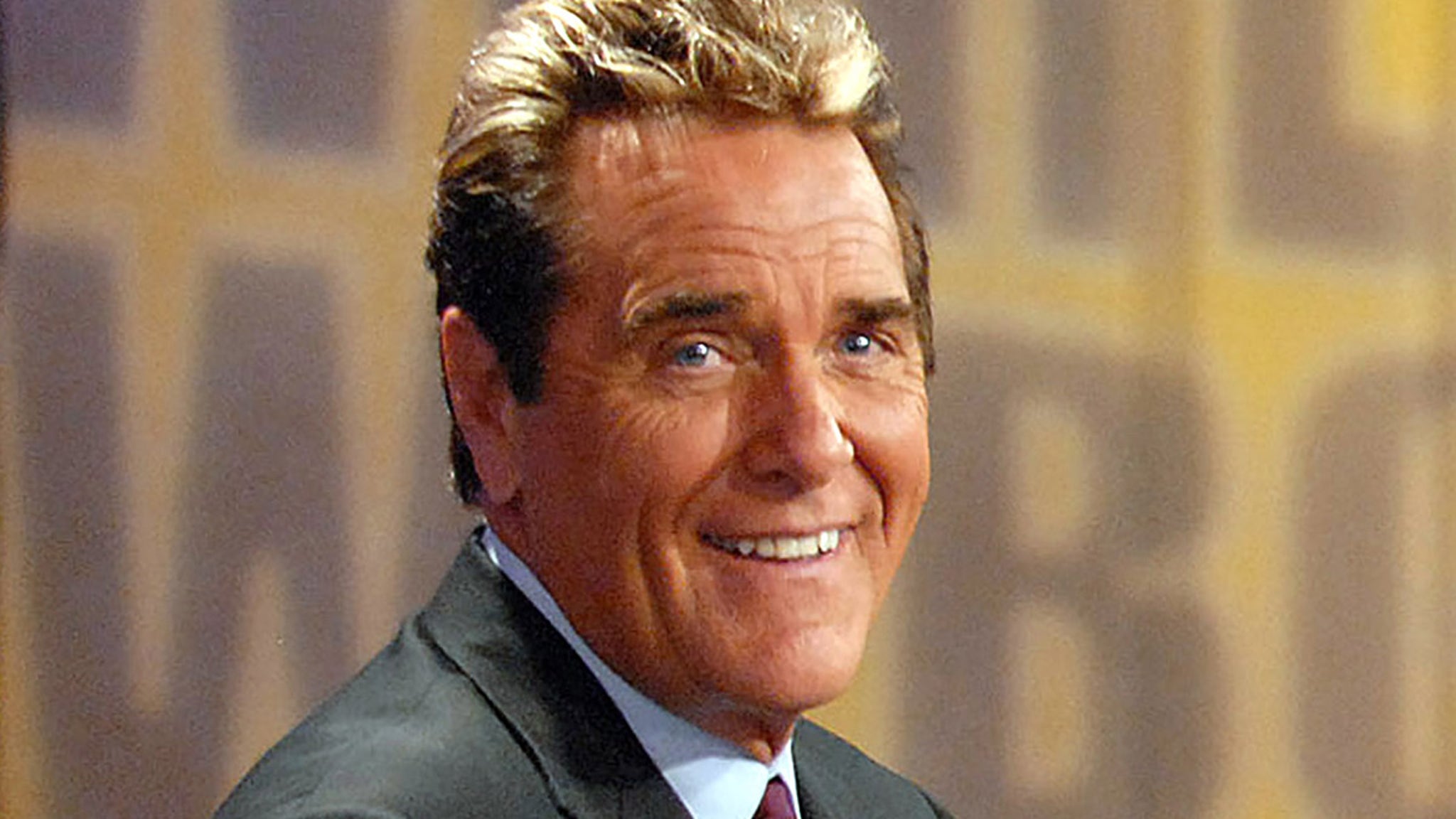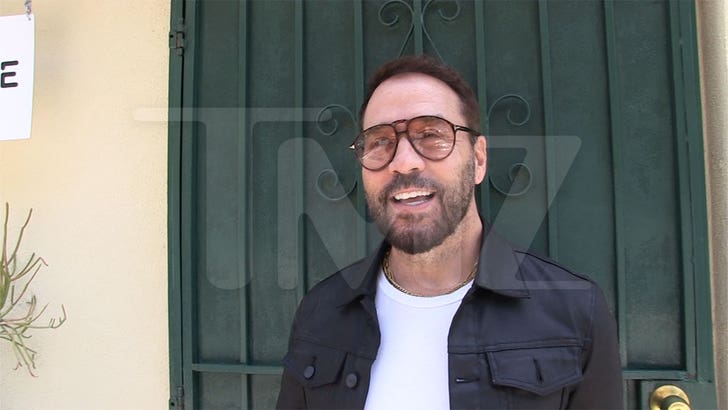A Federal Reserve report Monday showed that banks raised their lending standards for business and consumer loans in the aftermath of three large bank failures, a trend that could slow the economy in coming months.
The report, known as the senior loan officers survey, asked banks if they have tightened their lending standards by taking steps such as demanding higher credit scores, charging higher interest rates, or other moves that altogether would make it harder for businesses and consumers to obtain loans.
About 46% of all banks said they had raised standards for business loans known as commercial and industrial loans, up from just under 45% in the previous quarter. That increase was not as dramatic as in previous quarters, but banks were tightening credit before the bank failures. A year ago, slightly more banks were easing credit standards than increasing them.
The survey respondents were 65 U.S. banks and U.S. branches of 19 foreign banks. The results were gathered from March 27 to April 7, well after Silicon Valley Bank and Signature Bank collapsed in early March, touching off the latest round of bank turmoil. First Republic bank failed a week ago, the second-largest bank failure in U.S. history.
The Fed’s report said that mid-sized banks — those with assets between $50 billion and $250 billion, like the three banks that failed in March — were more likely to report tighter standards.
The banks also said they are restricting credit for most consumer loans, including auto and credit card lending and home equity lines of credit.
i

















































































